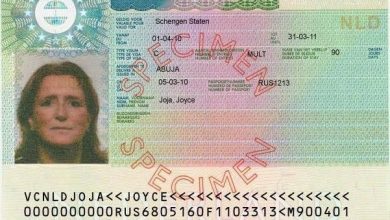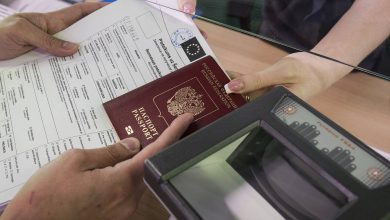France accepts EU Treaty of Lisbon
France was the first among the leading EU countries to complete the ratification of the new basic treaty of this organization. The text of the document, signed by President of the Republic Nicolas Sarkozy, was published today in the official state publication.
In its initial edition, the document was rejected by French voters in a referendum three years ago. After being elected to the post of head of state last year, Sarkozy promised to “unblock the situation” with the help of a “simplified agreement.” In his first speech after the election victory, he assured that “he was a European all his life and deeply believes in European construction.”
To ensure “France’s return to Europe”, it was decided not to resort to a new poll of voters, but to entrust the decision of the fate of the agreement to parliament. At their congress in Versailles earlier this month, French lawmakers made the necessary amendments to the country’s constitution, and then approved the document itself.
Among the reforms in the new basic agreement of 27 countries is the introduction of the post of President of the EU. Unlike the 2005 version, the latest version, approved at the December summit in Lisbon, no longer has a constitutional character. The final version did not include the provisions on the symbols of the Union (banner, anthem) or its economic creed – “free competition”.
So far, France is the first EU founding country to ratify the agreement. Hungary, Slovenia, Romania and Malta also completed this process in their parliaments. The only EU member to call a referendum is Ireland, where it will be held in May. Other countries are still being determined with due dates. So, Germany plans to complete ratification in the first half of the year, Spain and Sweden in November. The Netherlands also promised to ratify the treaty before the end of the year, which, like France, rejected the first option 3 years ago.
This post is also available in:
 English
English  Русский (Russian)
Русский (Russian)




